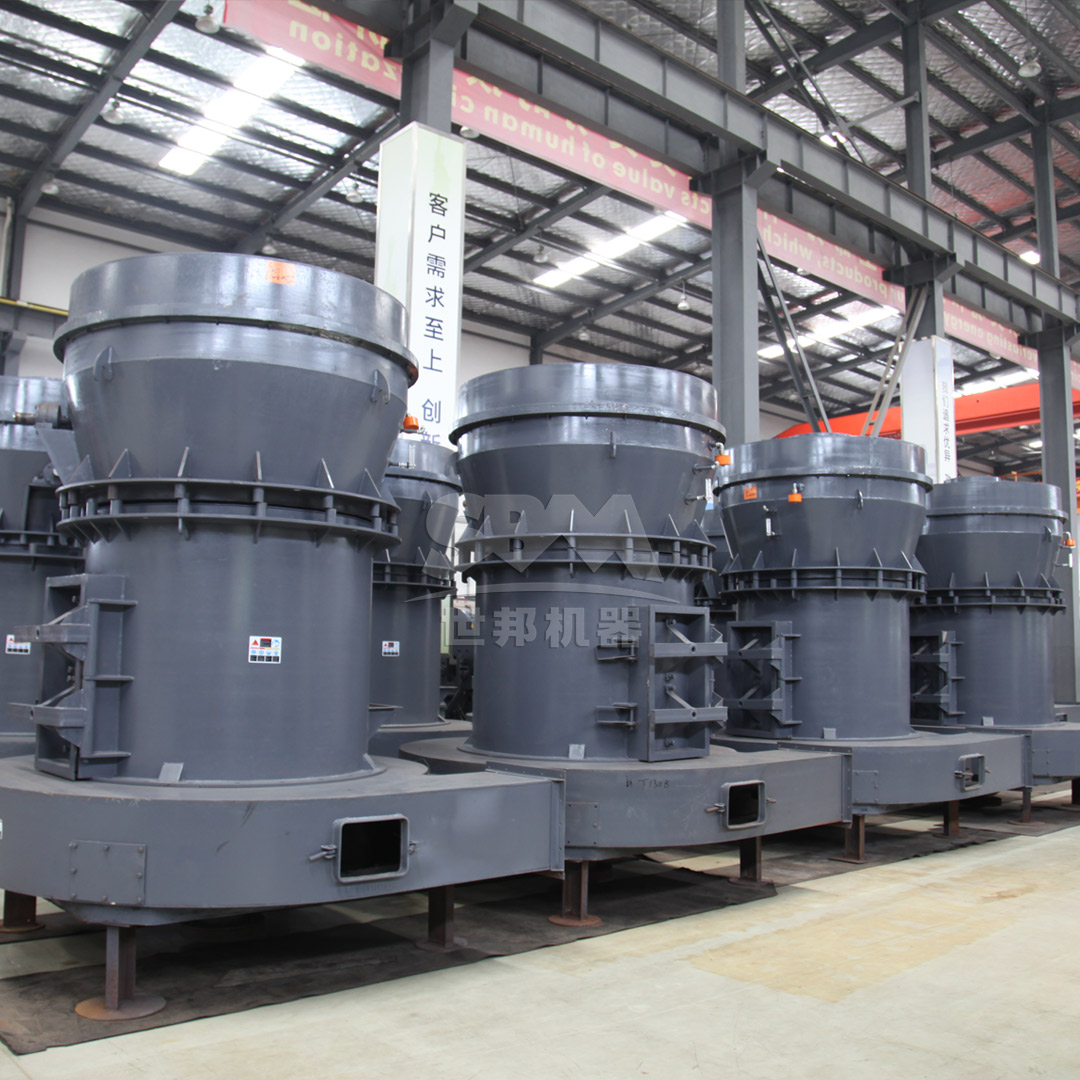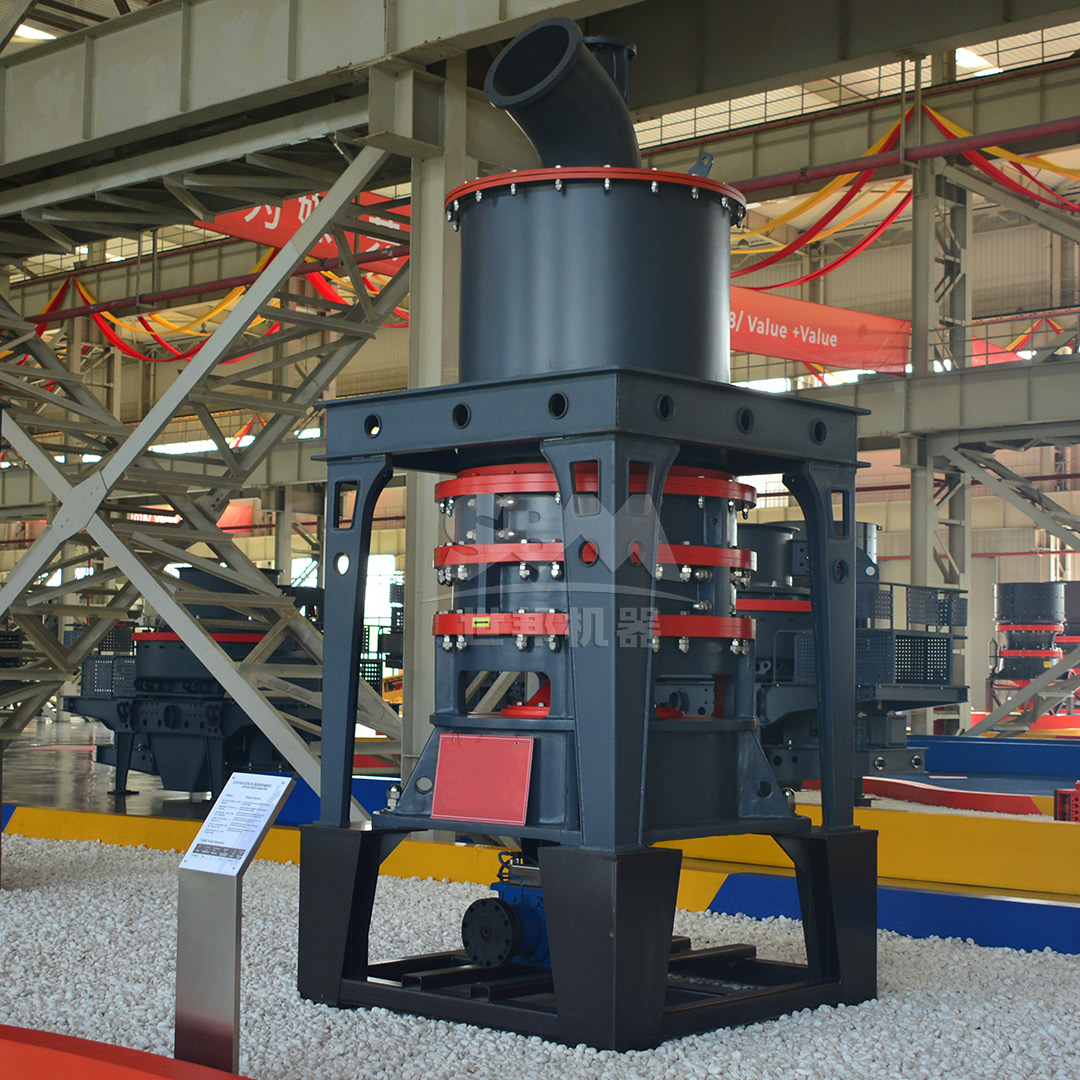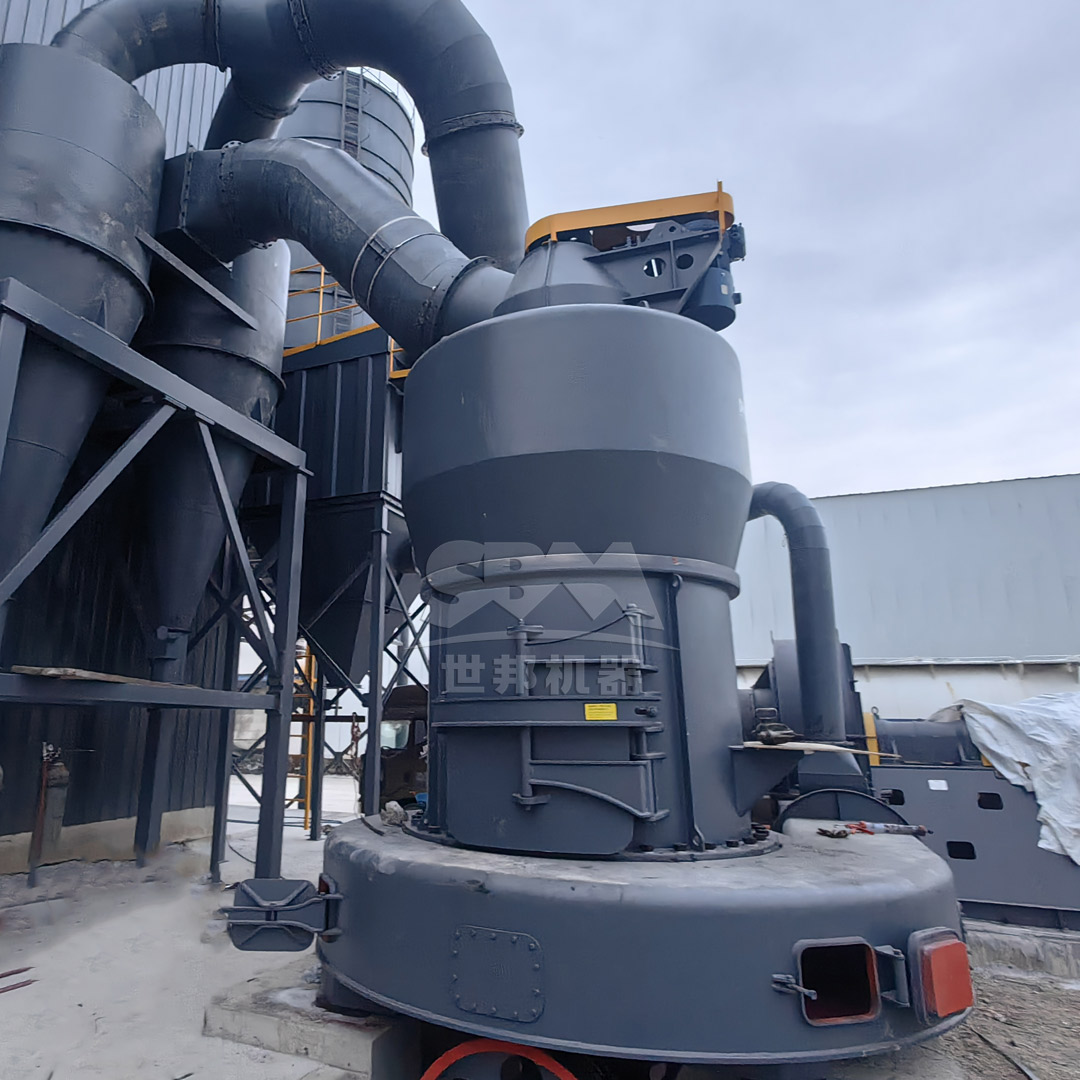September 22, 2025
Bentonite Powder Grinding Machine: Key Equipment for Wastewater Treatment Applications
In the realm of modern wastewater treatment, the quest for efficient, cost-effective, and environmentally friendly solutions is never-ending. Among the various materials utilized, bentonite clay stands out for its remarkable adsorption and coagulation properties. However, the efficacy of bentonite is intrinsically linked to its particle size and purity, making the grinding process a critical step in its preparation. This article delves into the importance of bentonite powder in wastewater treatment and explores the advanced grinding technology that makes it all possible.
The Role of Bentonite in Wastewater Treatment
Bentonite, a naturally occurring clay primarily composed of montmorillonite, is renowned for its high surface area, cation exchange capacity, and swelling properties. In wastewater treatment applications, it serves multiple purposes:
- Adsorption of Contaminants: Its expansive surface area allows it to adsorb heavy metals, organic pollutants, and even some pathogens from industrial and municipal wastewater streams.
- Coagulation and Flocculation: Bentonite particles act as nuclei for floc formation, aiding in the aggregation of fine suspended solids, which can then be easily removed through sedimentation or filtration.
- Landfill Liners and Sealing: Its low permeability when hydrated makes it an ideal material for constructing barriers to prevent leachate from contaminating groundwater.
The performance of bentonite in these roles is heavily dependent on its fineness. Finer particles have a greater surface area-to-volume ratio, significantly enhancing their reactivity and adsorption capacity. Therefore, transforming raw bentonite clay into a ultra-fine powder is not just a mechanical process but a technological necessity.

Challenges in Bentonite Grinding
Grinding bentonite is not without its challenges. The clay’s inherent moisture content, abrasiveness, and tendency to agglomerate pose significant difficulties for conventional grinding equipment. Key challenges include:
- Moisture Sensitivity: High moisture can lead to clogging and reduced efficiency in many mill types.
- Abrasive Nature: Bentonite can cause rapid wear and tear on grinding components, leading to high maintenance costs and contamination of the final product with metal particulates from worn parts.
- Precise Fineness Control: Achieving a consistent and ultra-fine powder (often requiring a D97 particle size of less than 10μm) is crucial for maximum effectiveness in water treatment.
- Energy Consumption: Traditional grinding methods can be prohibitively energy-intensive, impacting the overall sustainability and operational cost of the treatment process.
Overcoming these hurdles requires specialized grinding machinery designed for high efficiency, durability, and precise particle size control.
Key Features of an Ideal Bentonite Grinding Mill
An optimal grinding solution for bentonite must be engineered to address its unique properties. The ideal machine should possess the following characteristics:
- High Grinding Efficiency and Low Energy Consumption: It should deliver high output with minimal energy input, reducing operational costs.
- Advanced Classification System: An integrated, high-precision classifier is essential for ensuring a narrow particle size distribution and preventing coarse particles from contaminating the final product.
- Wear-Resistant Construction: Critical grinding components must be made from special alloys or hard-faced materials to withstand abrasion, extend service life, and prevent product contamination.
- Ability to Handle Moisture: The system should be designed to manage the material’s moisture content without clogging.
- Environmental Compliance: The entire grinding process should be enclosed with an efficient dust collection system to meet stringent environmental standards for particulate emissions and ensure a clean working environment.
- Automation and Control: Intelligent control systems allow for stable operation, consistent product quality, and reduced need for manual intervention.
Recommended Solution: SCM Series Ultrafine Mill
For applications requiring the finest bentonite powder for advanced wastewater treatment, our SCM Series Ultrafine Mill represents the pinnacle of grinding technology. This machine is specifically engineered to produce powders in the range of 325-2500 mesh (45-5μm), making it perfectly suited for activating bentonite to its maximum potential.

Why the SCM Ultrafine Mill is the ideal choice for bentonite processing:
- Unmatched Fineness: With an output fineness adjustable between 325 to 2500 mesh (D97 ≤ 5μm), it produces the ultra-fine powder necessary for superior contaminant adsorption in water.
- Exceptional Efficiency: Its innovative design offers twice the capacity of jet mills while reducing energy consumption by 30%, dramatically lowering the cost of producing treated bentonite.
- Precision Classification: The integrated vertical turbo classifier ensures accurate particle size cuts, guaranteeing a uniform product with no coarse grit, which is critical for consistent performance in flocculation.
- Superior Durability: The grinding roller and ring are forged from special wear-resistant materials, increasing their service life multiple times over conventional parts. The innovative bearing-free screw grinding chamber enhances operational stability.
- Eco-Friendly Operation: The mill features a pulse dust collector with efficiency exceeding international standards, ensuring emissions are kept to an absolute minimum. Furthermore, its soundproof room design maintains noise levels below 75dB, protecting the workforce.
| Model |
Capacity (ton/h) |
Main Motor Power (kW) |
Input Size (mm) |
Output Fineness (mesh) |
| SCM800 |
0.5-4.5 |
75 |
0-20 |
325-2500 |
| SCM900 |
0.8-6.5 |
90 |
0-20 |
325-2500 |
| SCM1000 |
1.0-8.5 |
132 |
0-20 |
325-2500 |
| SCM1250 |
2.5-14 |
185 |
0-20 |
325-2500 |
| SCM1680 |
5.0-25 |
315 |
0-20 |
325-2500 |
Alternative Solution: MTW Series Trapezium Mill
For projects where the required bentonite fineness is in the slightly coarser range (30-325 mesh) or where higher capacity is a primary concern, our MTW Series Trapezium Mill offers a robust and reliable alternative. This European-style grinder is built for heavy-duty performance and is ideal for large-scale bentonite processing plants.
Key advantages of the MTW Series for bentonite grinding include:
- High Capacity: With models offering capacities from 3 to 45 tons per hour, it can easily meet the demands of large wastewater treatment facilities.
- Advanced Wear Protection: Its combined wear-blade design and curved air channel significantly reduce maintenance costs and extend the life of critical components.
- Efficient Drive System: The bevel gear integral transmission boasts a 98% transmission efficiency, saving space and installation costs.
- Optimized Airflow: The wear-resistant volute structure and unobstructed airflow design enhance air classification efficiency.

Conclusion
The transformation of raw bentonite clay into a highly effective agent for wastewater treatment is a process dominated by grinding technology. The choice of grinding equipment directly impacts the performance, cost, and environmental footprint of the treatment process. Investing in advanced, purpose-built machinery like our SCM Series Ultrafine Mill or the MTW Series Trapezium Mill is not merely an operational decision but a strategic one. It ensures the production of high-quality bentonite powder that maximizes contaminant removal efficiency, adheres to environmental regulations, and provides a sustainable, economical solution for cleaning our most vital resource—water. By leveraging this key equipment, treatment plants can significantly enhance their purification capabilities and contribute to a cleaner environment.


